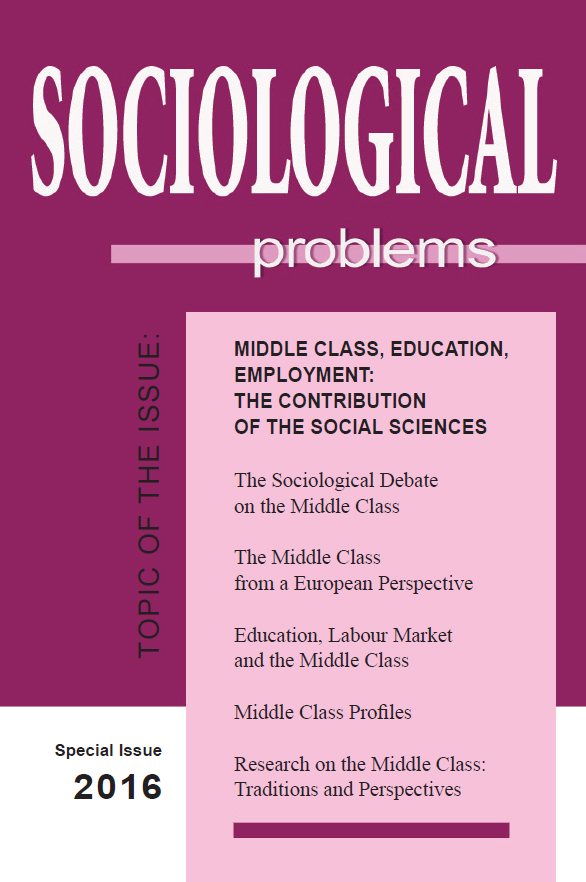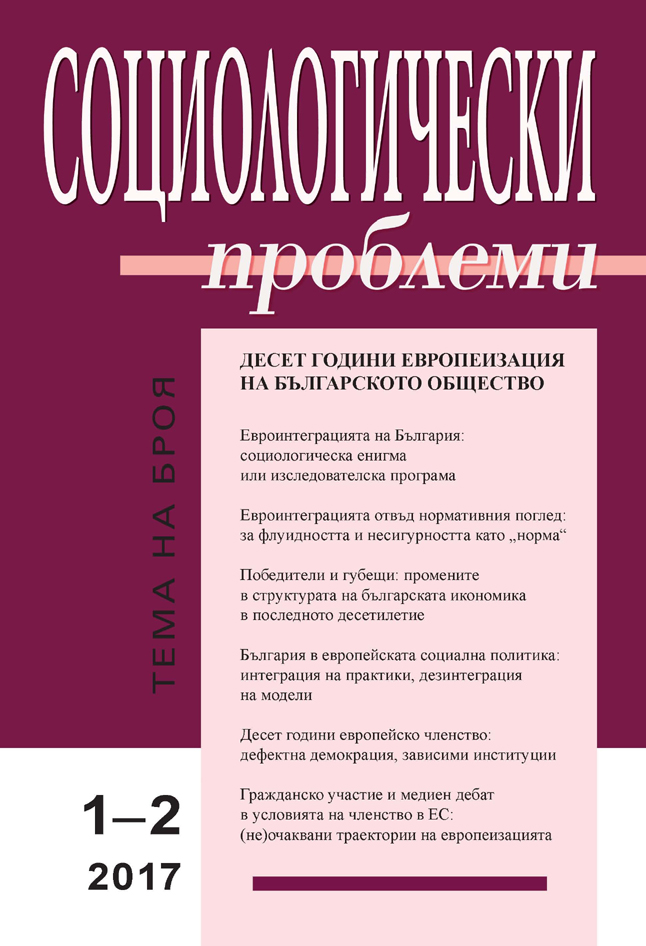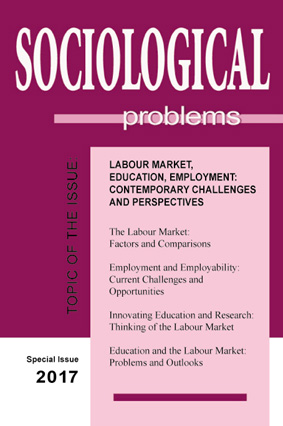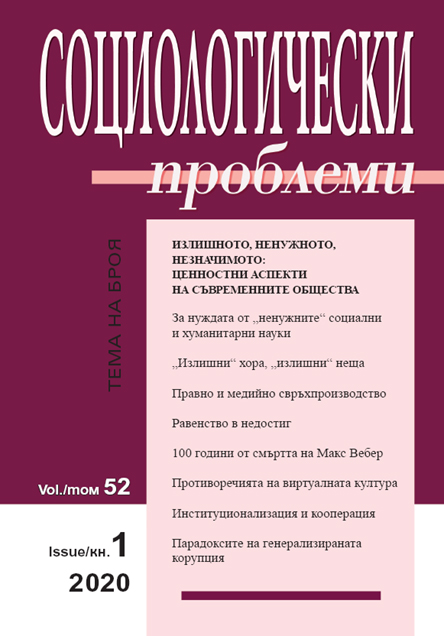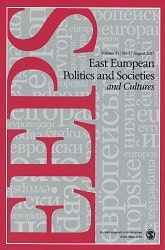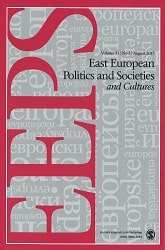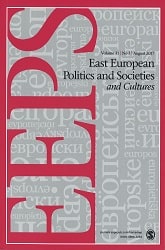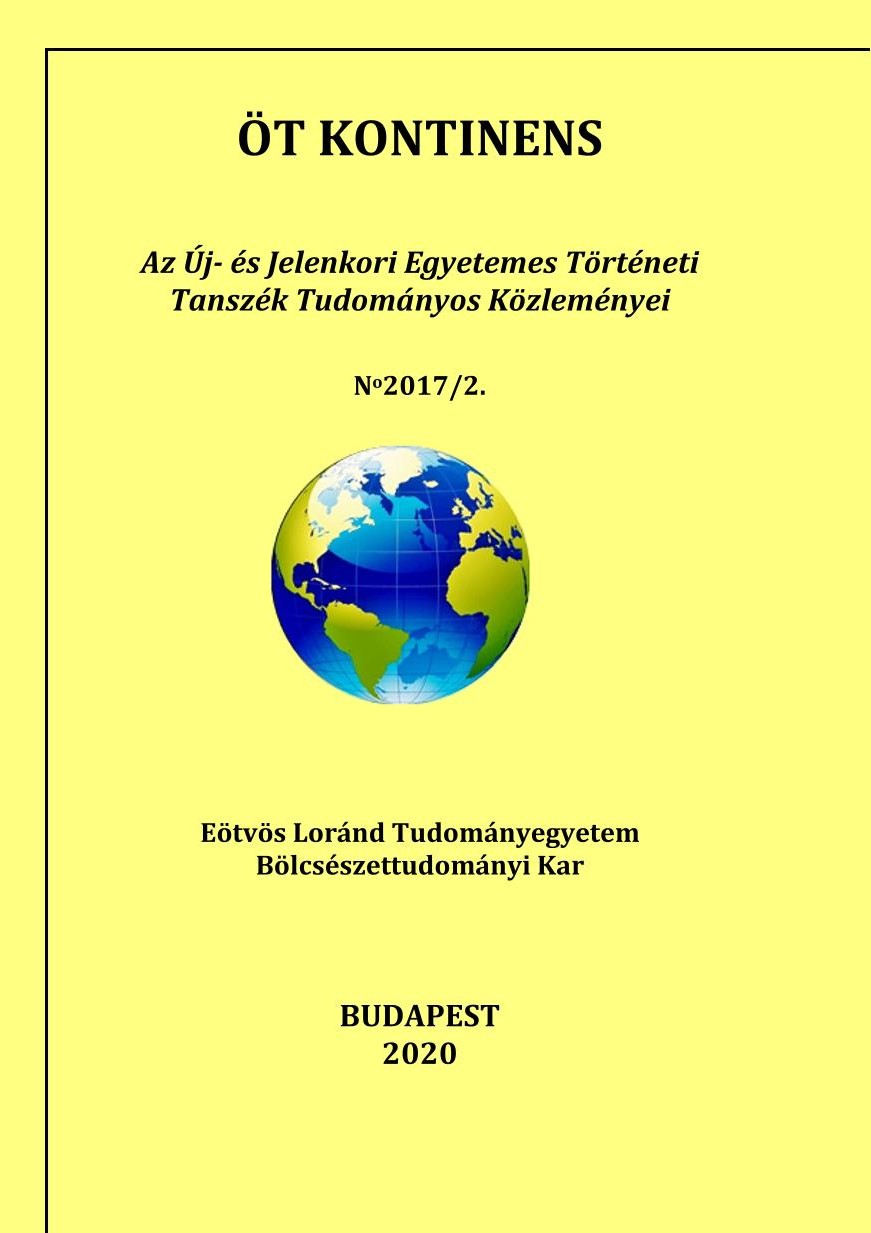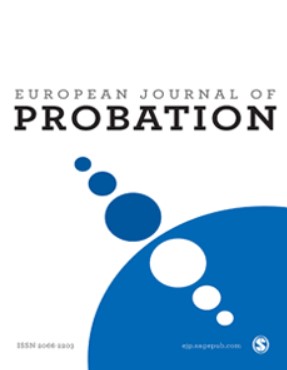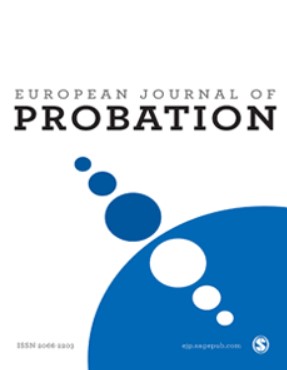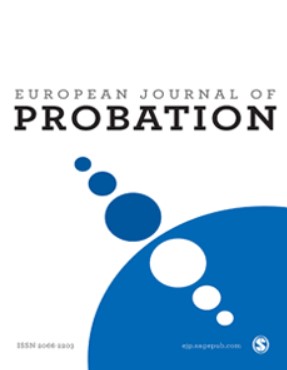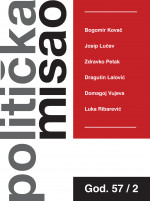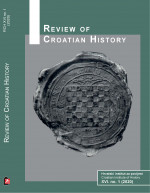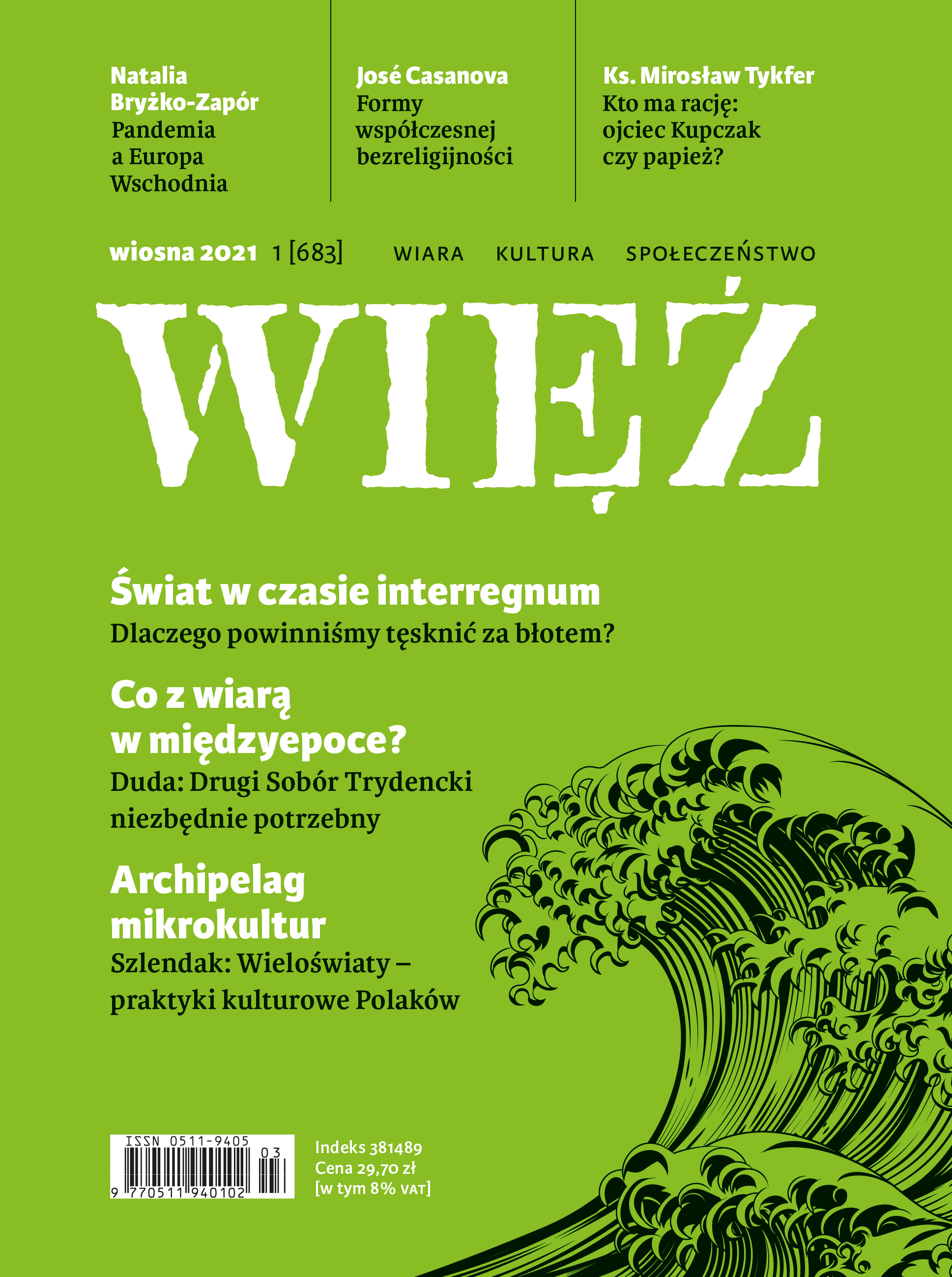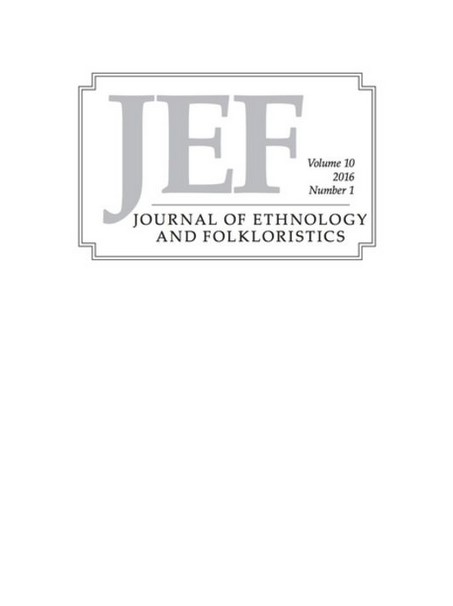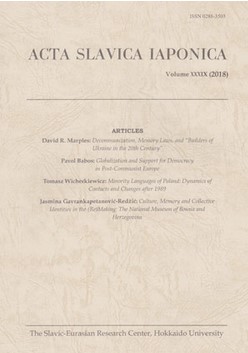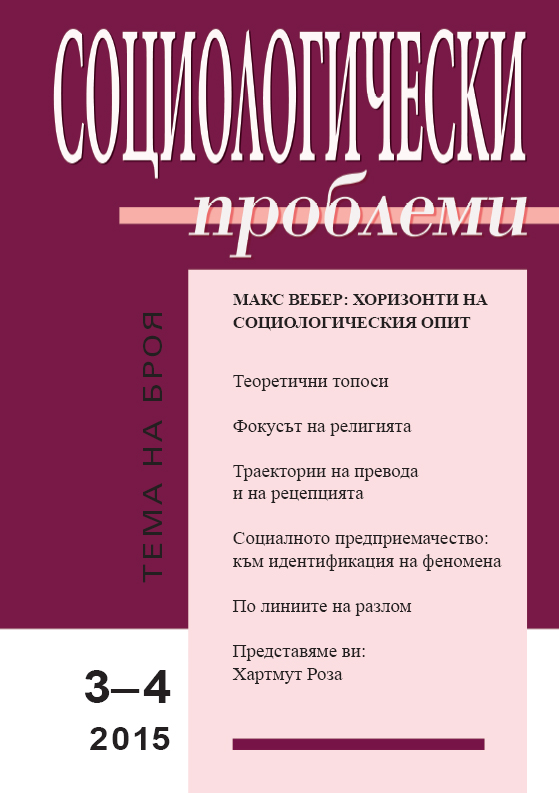
Етническа идентичност, нетърпимост и нарастваща тревожност в съвременния свят. Обществото срещу държавата, държавата срещу индивида
n this paper we critically examine the troubled interdependence between religious identity and mounting violence in contemporary world. This interdependence was enormously revealed with the ongoing militancy of “Islamic State”, and the radical Islamist groups. Their professed aim sounds appealing – to get rid the corrupt government and create a state and society governed by Sharia. Recently we witness an wave of increasingly sophisticated attacks against ‘infidels’ mainly in war-thorn Syria and Iraq, but elsewhere too, which suggests not only growing foreign support, but also indicates a strategy of provocation through which “Islamic State” seeks to spark large scale sectarian conflict that will strike at the foundations of modern world. And this relates deeply with the Balkan realms with their fragile balances of old and new latent conflicts – and far beyond the grueling influx of refugees that is almost impossible to deal with. Here we expose details of individual states, EU and world failure to handle effectively the problem. In the last part we offer recommendations on how to mitigate that situation, as well as about the role of interdisciplinary research and expertise may play.
More...
